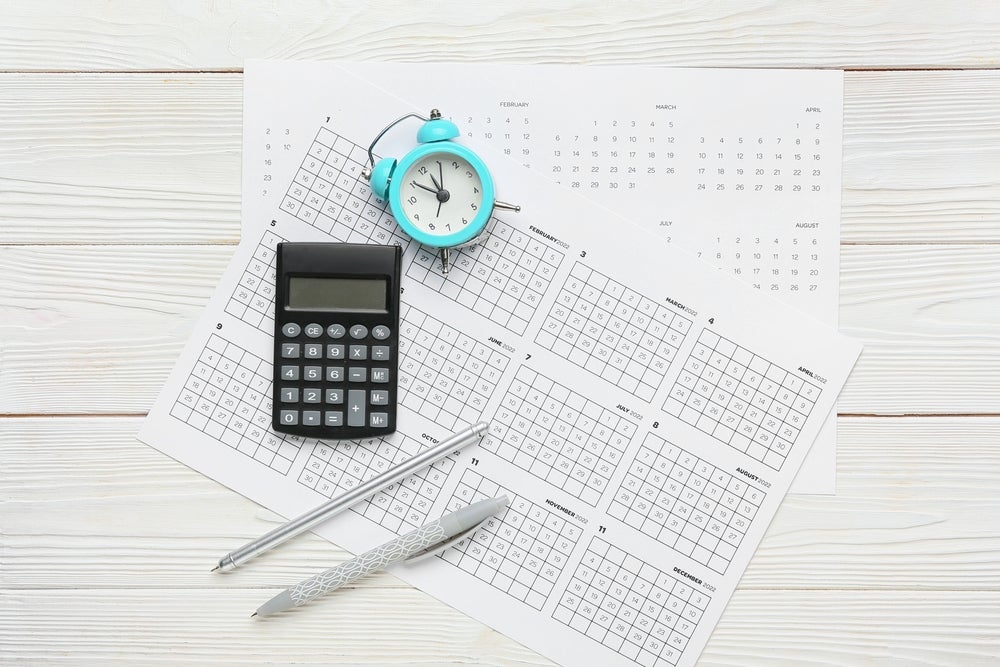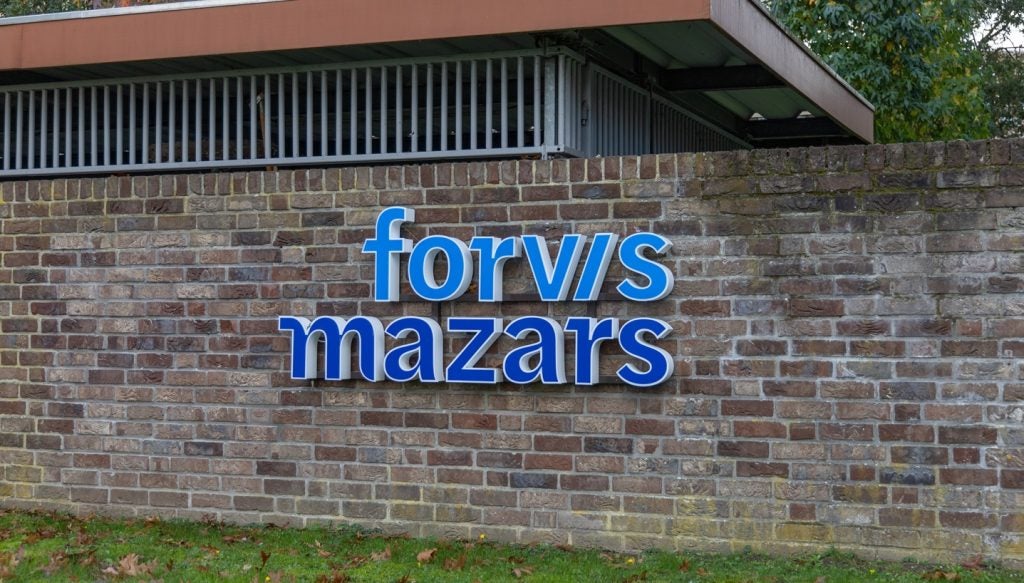
The UK tax year always ends on April 5th and starts on April 6th. Individuals only have a few days until the new tax year starts to make the most of any remaining annual tax allowances.
HW Fisher senior manager, Daniel Thomassen, highlighted six ways that individuals can prepare for the upcoming tax year: “Time is running out for individuals to action any last-minute tax reliefs that could help them to reduce their tax bill next year. From April 6th, a number of new changes announced by the Chancellor in the Autumn Statement will come into effect, including changes to Income Tax thresholds and Capital Gains Tax. If you haven’t already, there is still time to make sure you are maximising all of the reliefs that are available to you.”
- Make the most of your ISA allowance… and your child’s
One of the easiest ways to reduce your tax liabilities is to use your ISA allowance which allows individuals to invest up to £20,000 Income and gains within the ISA grow tax-free. Furthermore, withdrawals from the ISA are tax-free. The £20,000 tax-free allowance has not been increased since 2017 despite increasing levels of inflation. Still, people should make the most of the allowance that is available even if many believe that this amount should be increased.
Parents and guardians could also open a Junior ISA (JISA) for their children. These types of accounts have a tax-free limit of £9,000 each year. Anyone can contribute to these types of accounts but, remember that children are only allowed to have one JISA in their name. It is worth noting that at age 18 the children are entitled to the funds within the JISA.
- Increase your pension contributions
Pension pots can be passed on after death free from Inheritance Tax (IHT), if an expression of wishes is completed. For many, it is therefore better to draw down on cash assets, such as bank accounts and ISAs, in priority to the pension as those assets will be subject to IHT on death.
The Chancellor recently announced in the Spring Statement that the Lifetime Allowance for pensions has now been scrapped – there is no lifetime limit on how much you can save in your pension before you pay tax on it. This means pensions now have an even bigger role to play in IHT planning.
How well do you really know your competitors?
Access the most comprehensive Company Profiles on the market, powered by GlobalData. Save hours of research. Gain competitive edge.

Thank you!
Your download email will arrive shortly
Not ready to buy yet? Download a free sample
We are confident about the unique quality of our Company Profiles. However, we want you to make the most beneficial decision for your business, so we offer a free sample that you can download by submitting the below form
By GlobalDataIt is worth noting that contributions are still subject to annual allowances and the amount which can be contributed depends on your taxable income.
- Consider cashing out some shares
The annual Capital Gains Tax (CGT) allowance will be cut from £12,300 to £6,000 on April 6th. Keeping this in mind, if you have some investments that aren’t performing well, you may consider disposing of them so that you can offset these losses against capital gains already realised or alternatively carrying them forward to utilise in the following year.
It might also be possible to ‘bed and breakfast’ some shareholdings, to rebase them. This is where people sell their shares with the intention of buying them back later, but you must wait 30 days before you repurchase them.
- Look at your annual gifting allowance
Each tax year, you can give away an amount of money or possessions free of IHT. This includes an annual exemption of £3,000, which can be given to either one person, or split between several people. This £3,000 can be rolled forward up to one tax year.
Small gifts of up to £250 can be made to anyone free of IHT. You can also make gifts of between £1,000 and £5,000, depending on the relationship to the giftee, to mark a marriage or a civil partnership.
- Maximise Marriage Tax Allowance
Marriage Tax Allowance allows you to transfer £1,260 of your Personal Allowance to your husband, wife or civil partner. This can reduce their tax bill by up to £252 in the tax year. To benefit, the lower earner must normally have an income below the Personal Allowance – this is usually £12,570. In addition, the spouse must be a basic rate taxpayer.
Unfortunately, you cannot claim this tax relief if you are living with a partner but are not married or in a civil partnership.
- Have you made any charity donations?
Remember, donating to charity can help you to reduce your tax liability. If you have donated in the tax year to a registered charity either through Gift Aid or through Payroll Giving, you could be eligible for tax relief. You should retain evidence that the donation qualified for gift aid.
Tomassen concluded: “The start of a new tax year is an excellent opportunity to take a fresh look at your finances and work out where you can drive efficiencies. Professional advice is always recommended. For example, there are a number of possibilities and pitfalls in tax planning and a professional is more likely to pick up the knock-on effects of other taxes that might be triggered.”






